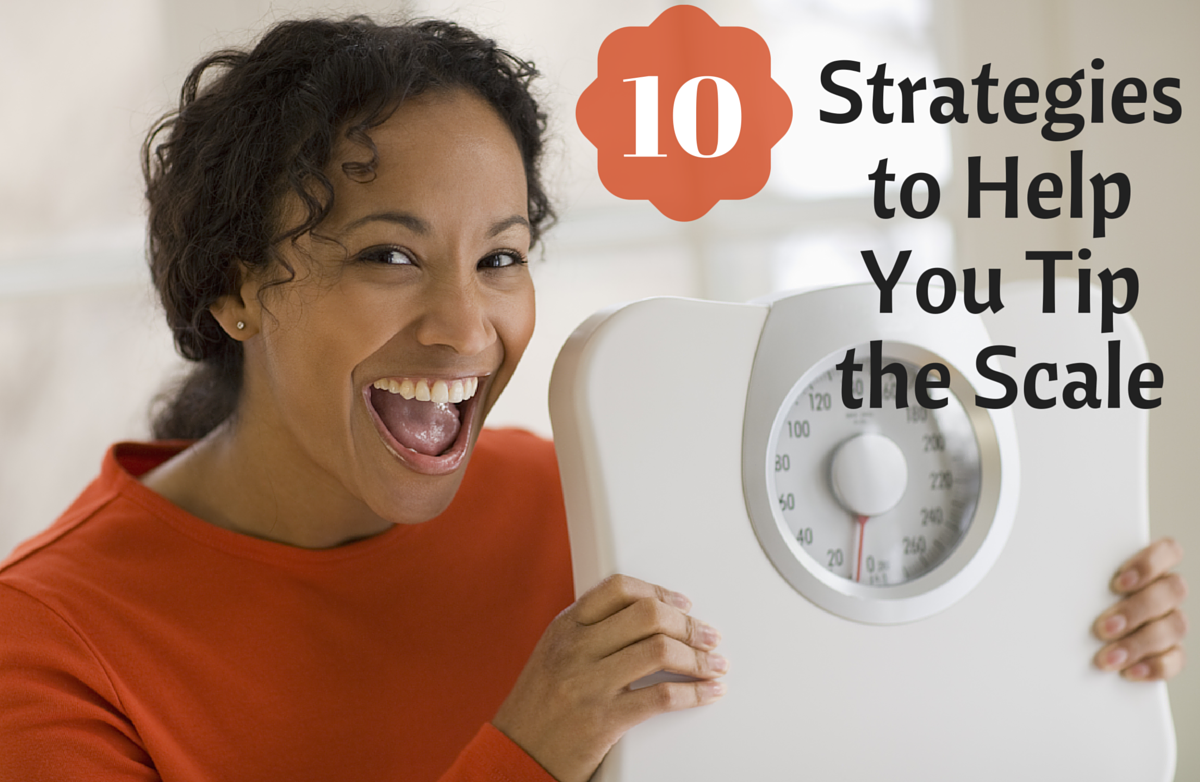|
With the recent outbreak of the H1N1 (Swine Flu) virus and now with seasonal flu just beginning to appear, hand-washing is still considered to be one of the most effective means of preventing the spread of disease. Strangely enough, how a simple act of washing our hands for 20 seconds with good ol’ soap and water can do wonders to keep us all healthy. Having recently spent some time in the hospital with my Dad after his hip replacement surgery, the one common denominator on all patients’ doors was the sign encouraging hand-washing by every person entering and leaving the room. If you preferred not to wash your hands, anti-septic foam dispensers were found just inside the door. These dispensers are commonplace in many doctor’s offices these days, as well as retirement homes. Have you noticed too, that retail stores, banks, and even some fast food restaurants have resorted to keeping a bottle of alcohol based gel on the counter? Hand-washing is a win-win situation for everyone. Not only does it help you from getting sick, but it may help prevent others from getting sick from you. Studies have revealed that the simple act of washing hands can literally save millions of lives, not only in hospitals, but the food industry and schools were germs are found everywhere. A survey conducted in 2007 by the American Society for Microbiology (ASM) and The Soap and Detergent Association (SDA) showed 77% of those using public restrooms actually washed their hands, however, this figure is a drop from 83% compliance only two years earlier. In a study published in the American Journal of Public Health in October 2009, British researchers studied the hand-washing behavior of almost 200,000 people using a service station restroom over the course of 32 days in the summer of 2008. The study revealed that both men and women were more likely to wash their hands with both soap and water after using the restroom if they believed they were being observed by other people. Researchers placed an electronic sign in each restroom with various messages promoting hand-washing to see which message elicited the greatest use of soap with hand-washing for both men and women. The one message that led to the greatest compliance read, "Is the person next to you washing with soap?" Researchers concluded that when people believe they are being watched, they are more likely to wash with soap and water than skip the process. Do you pay attention to what others do in the restroom? Do notice if they use soap and water? How do you feel when others don’t wash their hands after using the restroom? |
Popular Entries
More From SparkPeople
|















